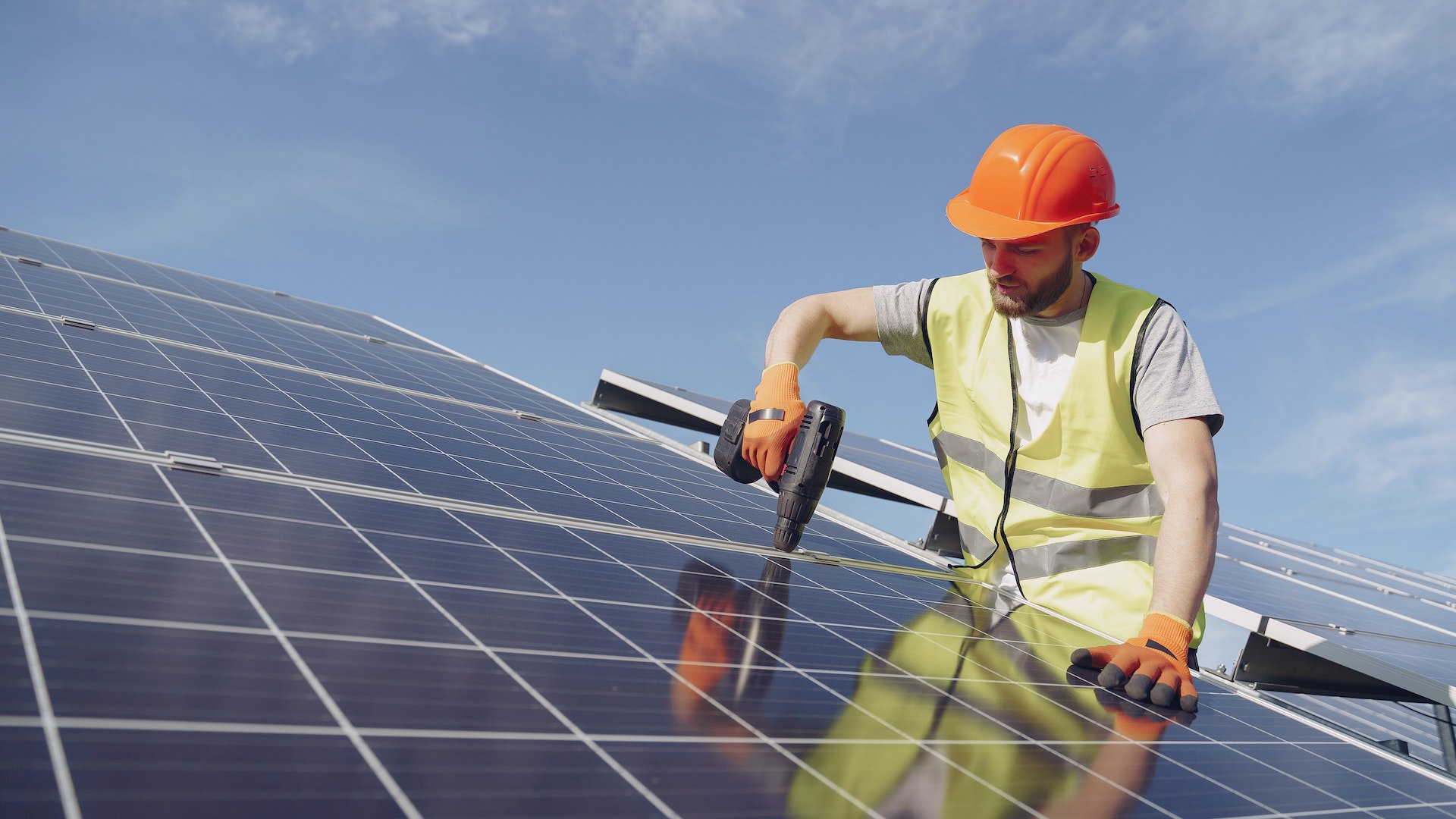The panel, set up by the Institute for Public Policy Research (IPPR), is the first of four citizens’ groups to hear evidence from experts before making recommendations to IPPR’s cross-party Environmental Justice Commission.
Carbon-heavy industries in Tees Valley produce around 13 million tonnes of emissions per year, IPPR said, which is three times the national average. A green jobs drive, which can support workers to adapt their skills as well as retraining in new industries, is crucial to ensuring people in the area aren’t left behind on the way to net-zero.
“These recommendations combine climate action with levelling up through great low carbon jobs and opportunities,” said Laura Sandys, commission co-chair and former Conservative MP. “Crucially, they’re not just supported by the public, they’ve been made by them.
“They show that investing in the low carbon businesses of the future are a win-win for the economy, jobs and the environment.”
Jurors are aged between 16 and 75 and from a variety of backgrounds, from a full-time parent to a chemical industry worker.
They were asked to draw up proposals for practical steps that could be taken on a local and national level to address the climate crisis in a way that is “fair for everyone”.
Advertising helps fund Big Issue’s mission to end poverty
As well as green jobs scholarships, the panel called for taxes on the UK’s worst polluters which should then be used to fund planet-friendly projects in the same area.
“Sometimes ministers give the impression that they don’t believe the public will accept bold policies in response to the climate emergency, but these proposals from people from all walks of life, shows this couldn’t be further from the truth,” said commission co-chair and Green MP Caroline Lucas.
“There’s a real appetite for an ambitious approach to addressing the climate and nature crises, provided that those policies also increase equality, improve wellbeing and put local communities in the driving seat.”
Lucas is co-sponsor of Lord John Bird’s Wellbeing of Future Generations Bill, which would require politicians to consider the impact on children and the generations that follow when making decisions.
That would mean taking urgent action to reach net-zero, reverse the climate crisis and ensuring new green industries are robust enough to keep people in work for years to come.
Advertising helps fund Big Issue’s mission to end poverty
“Co-producing plans with local people isn’t an optional ’nice to have’ – it’s critical to a successful outcome,” Lucas added.
The Government should transform redundant mine shafts into underground energy sources, the panel also said, and build windfarms on the vast industrial wasteland across the region.
The next three climate juries will be held in South Wales, Thurrock and Aberdeenshire, with the Environmental Justice Commission’s final report due later this year.









